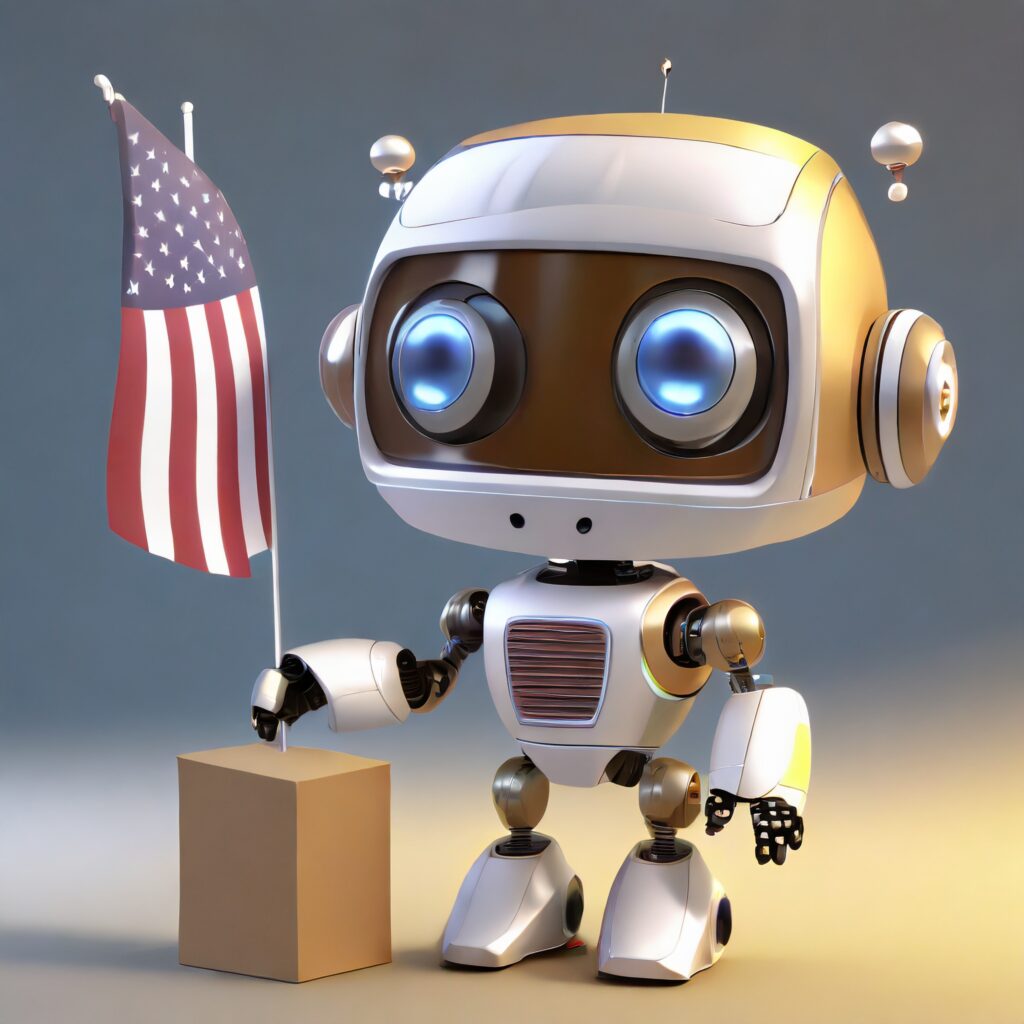[vc_row][vc_column][dfd_spacer screen_wide_spacer_size=”100″ screen_normal_resolution=”1024″ screen_tablet_resolution=”800″ screen_mobile_resolution=”480″][/vc_column][/vc_row][vc_row][vc_column][vc_column_text]

The History of Algocracy
Algocracy, a new way of making decisions in government using algorithms instead of people, is becoming more popular. This idea started to take shape with the rise of digital technology, changing how we run societies and interact with technology. The beginning of algocracy goes back to the early days of computers. In the 1950s, Herbert Simon, an expert in artificial intelligence, first talked about using algorithms to make decisions instead of humans. He thought that one day, computer programs could do the jobs of people in charge of making decisions. The word algocracy was first used in the early 2000s by A. Aneesh, an anthropologist, and expert in information science. Aneesh noticed that algorithms were starting to make important decisions in many parts of life, like criminal justice, social welfare, and jobs. He saw that these computer programs weren’t just doing simple tasks but were also playing a big role in important areas of society.
The Idea of Algocracy
Simply put, the idea is that a computer program could look at the huge amount of data we make every day—like where we go, what we buy online, and what we do on social media. It would use this information to figure out what people think about political issues and put these thoughts together to understand the general opinion of the public. At the same time, the program would also be analyzing lots of data about the economy, society, and environment to get a clear picture of the world. Then, it would use these insights to make laws based on what people want and what the facts are.
Right now, we don’t have an AI system to let AI make all our political decisions, and maybe we never will. But I think it’s important to think seriously about this extreme possibility, called algocracy. Thinking about it helps us understand why we make political decisions the way we do and how we could use technology to make our political systems better.
Democracy
Artificial intelligence is changing how we think about making political decisions. A big question is why democracy is the best way to make rules. Democracy means everyone gets to decide together and on equal terms. People agree that democracy is the best because it makes people more likely to follow the laws. But there are different reasons why people think democracy is the best. Some people think democracy is great because it leads to the best results, like stability and fairness. They think democracy is better than other ways of making decisions because it’s good at understanding and using information. Others think democracy is important for its own sake, not just for what it achieves. They believe democracy is part of treating everyone equally. Other systems, like autocracies, monarchies, or aristocracies, give some people more power, which suggests that some people are better than others. Democracy, on the other hand, treats everyone equally and opposes social hierarchy. This is at least what we think it does in theory.
If algocracy can get better results than democracy, then even those who believe in democracy for its results would have to admit that algocracy might be better. But for those who value democracy for equality, algocracy is tricky because it’s not a human or a system that puts some people above others. If algocracy works well and doesn’t create inequality, it’s hard to see why we should stick with democracy.
Maybe democracy is special because it values human choice. Algocracy uses our data to guess our opinions, but data doesn’t always show what we value. Democracy lets us think about our choices and decide based on good reasons. It might be important because it lets us rule ourselves. Or maybe democracy is about discussing ideas openly and coming to decisions together. Using AI to improve democracy could mean finding ways to help us make better decisions or improve how we talk about and decide on issues.
Can a virtual politician rule the United States?
The idea of computer-generated virtual politicians is not new. In the 2018 Russian presidential elections, a popular virtual assistant called Alisa, aka Alice was suggested as a presidential candidate. The AI robot is made by a significant Russian technology company called Yandex. Alice performs similar functions to Alexa or Siri, primarily as a voice assistant, assisting with searches, navigation, questions, and other skills. Like Alexa, Alice can be taught skills developed on her platform by various third parties. Alice managed to get the support of at least 40,000 Russians. Her political promises were:
- Personal Connection: Alice was portrayed as a president who knows each voter personally, suggesting a personalized approach to governance.
- Decision-Making: It was claimed that Alice relies solely on logic and makes rational decisions quickly, emphasizing its AI-driven capacity to process information instantly.
- Understanding and Inclusiveness: The campaign suggested that Alice knows everything about voters’ problems and considers every opinion, highlighting its comprehensive data analysis capabilities.
- Endurance: Alice doesn’t age and stays energized, underscoring the non-stop working capacity of AI.
- Problem-Solving Skills: Alice was quoted as saying, “I had solved problems even bigger,” when asked about governing the world’s largest country. This statement was part of the promotional material to showcase Alice’s problem-solving abilities.
- Future Vision: The campaign proposed that Alice’s candidacy would lead to a political system built entirely on rational decisions made by strict algorithms, presenting a vision of a future driven by AI decision-making.

(Screenshot taken from: https://yandex.ru/alice)
Experiment:
Create a virtual presidential candidate for the 2024 presidential elections on this website: https://mycharacter.ai. Using the prompts, create a character and collect your character. After customizing and managing your character, share your character.
Once your character is shared, I will publish it on the busociety. The other VPCs can see their opponents.
Using a newly made generative AI chat tool called Chat2024, ask questions to the current presidential candidates for the 2024 US presidential election: https://www.chat2024.com/
For more background information about the US presidential candidates, visit https://www.nbcnews.com/politics/2024-elections/presidential-candidates-tracker
Create your policies regarding:
- Economic Policy
- Healthcare
- Abortion
- Crimes and Guns
- Foreign Policy
- Immigration
- Climate Change
- Racial Injustice
[/vc_column_text][/vc_column][/vc_row]
